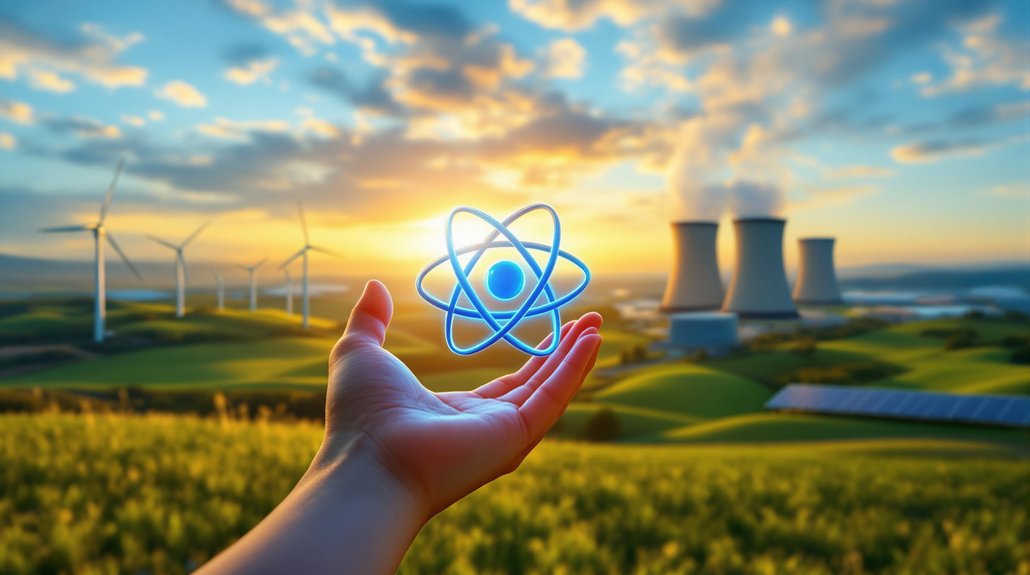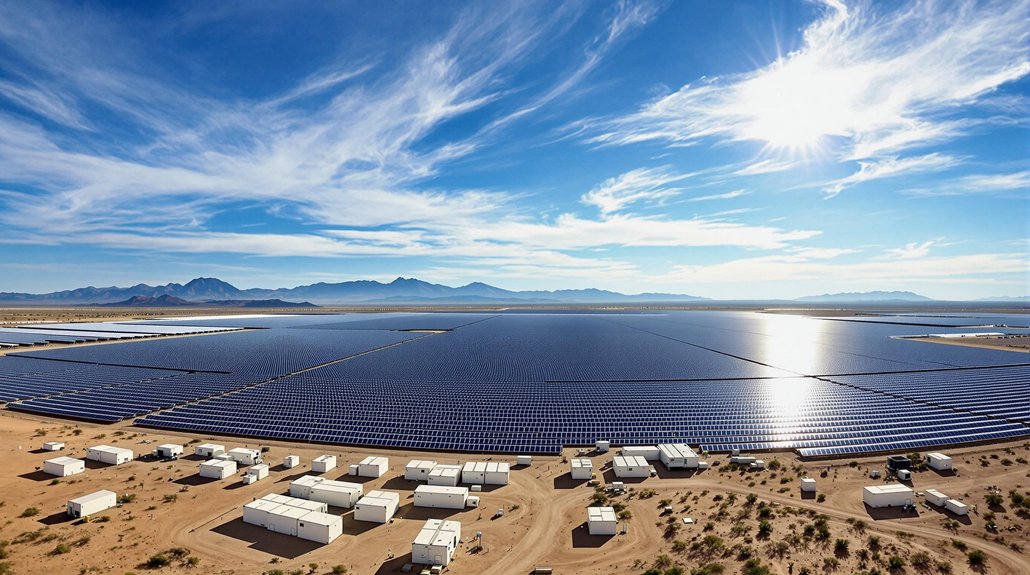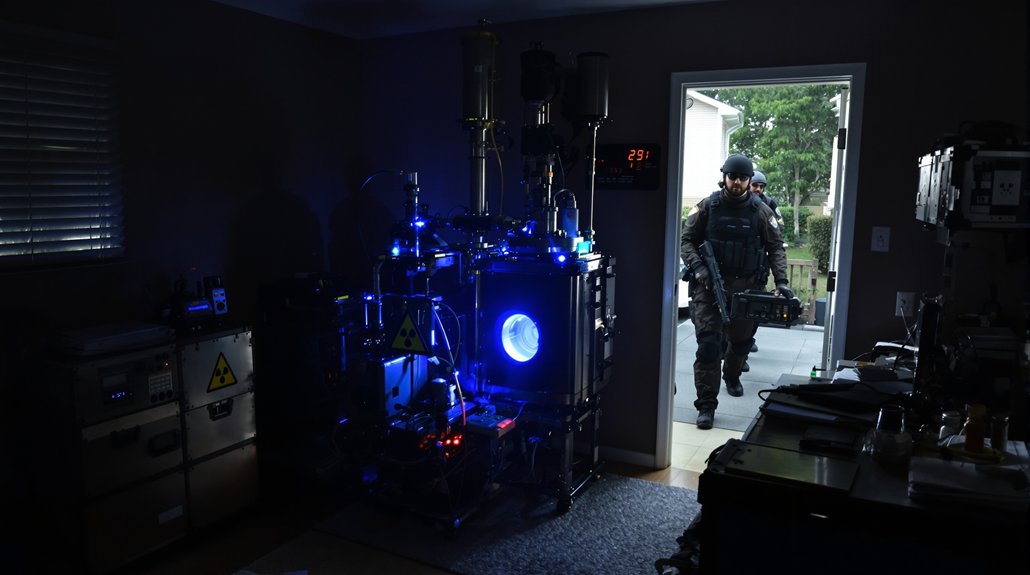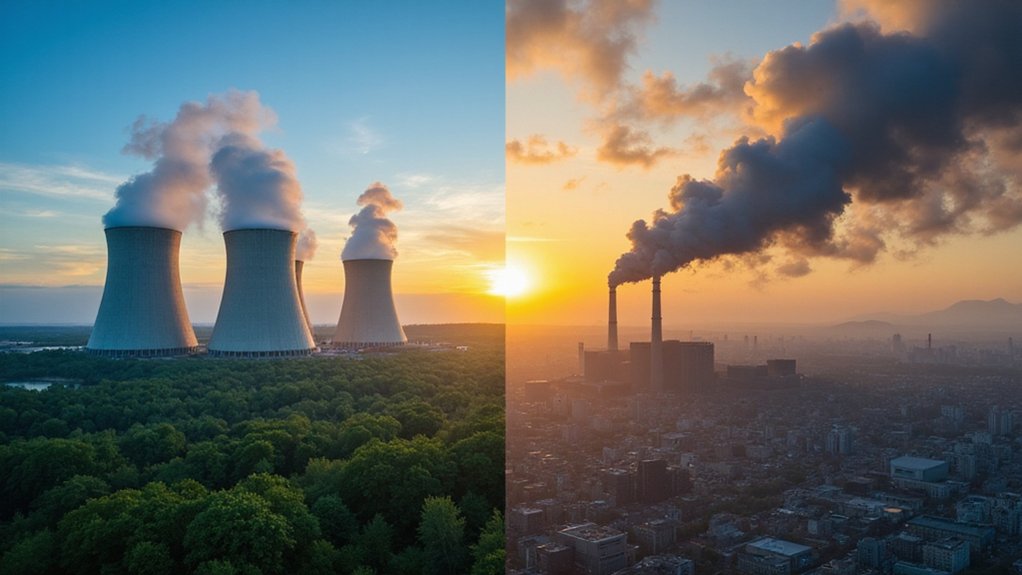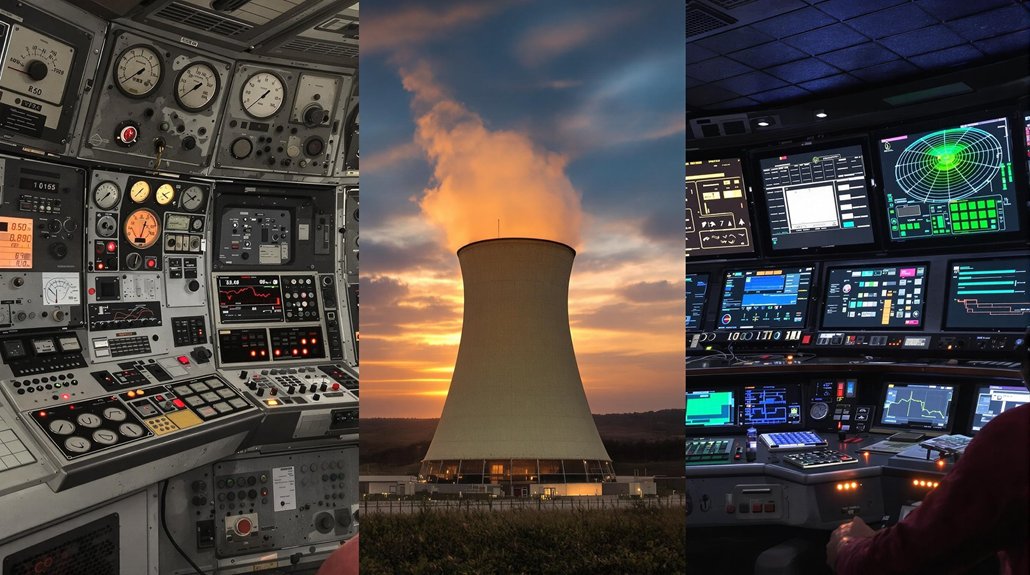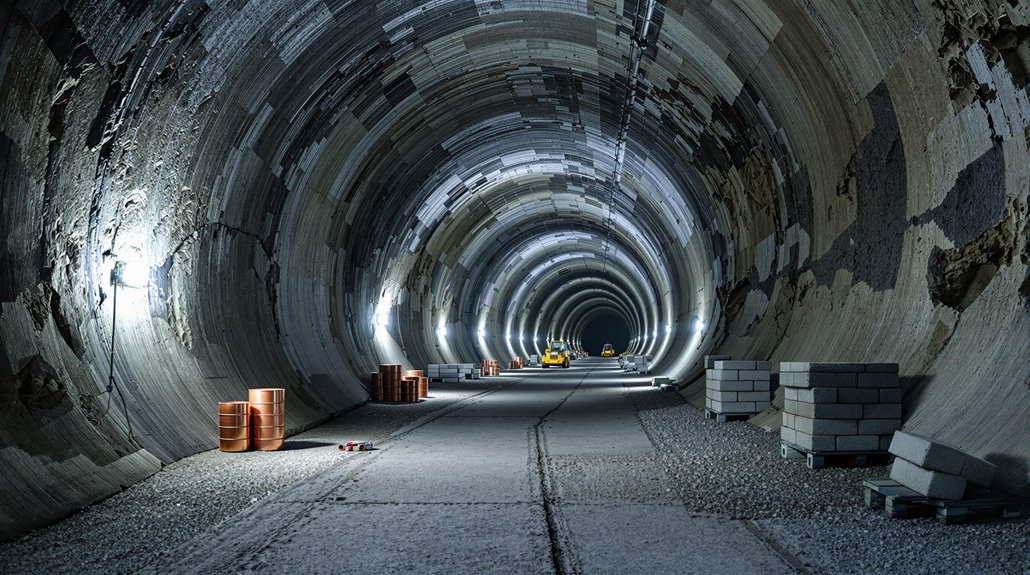Young Americans are changing their minds about nuclear power. Recent surveys show that 80% of Gen Z now supports nuclear energy as a climate solution. They’re looking beyond traditional renewable options to meet ambitious carbon goals. This generation recognizes that advanced nuclear technologies offer stable jobs and reliable power without emissions. While safety concerns persist among some, the practical benefits are winning over a generation focused on finding workable solutions to the climate crisis. What’s driving this atomic awakening?
While climate change concerns continue to shape energy debates, Generation Z is showing a remarkable shift toward supporting nuclear power. Recent surveys indicate that 80% of Gen Z Americans now view nuclear energy favorably, combining both “somewhat” and “strongly” supportive opinions. This represents a notable change in how young people perceive atomic energy as part of the solution to environmental challenges.
The data reveals that only 16% of Gen Z classifies as strong supporters of nuclear power, lagging behind Millennials at 34% and Baby Boomers at 29%. However, this gap appears to be closing as more young Americans learn about nuclear technology’s potential. Education consistently correlates with increased nuclear favorability across all age groups.
Two-thirds of young American voters agree that reaching net zero emissions by 2050 is essential, and about 80% support using advanced nuclear technology alongside renewable energy sources. This alignment between climate goals and nuclear energy reflects Gen Z’s practical approach to sustainability challenges. Gen Z is also increasingly interested in geothermal energy due to its high capacity factor which offers reliability similar to nuclear power without weather-dependent limitations.
Gen Z values practical solutions, embracing nuclear alongside renewables to meet ambitious climate targets.
The shift isn’t happening in isolation. National surveys show that overall favorable opinions about nuclear energy in the U.S. now exceed 77%. Gen Z’s growing acceptance mirrors broader societal trends, though misconceptions about nuclear safety remain a barrier for some young people. Addressing these misconceptions is critical, as studies show lack of information directly correlates with lower support for nuclear energy.
Technological innovations appear to be driving much of this change. Gen Z responds positively to developments like small modular reactors and advanced designs that promise improved safety and efficiency. These technologies address traditional concerns about nuclear power including cost and waste management. The University of Michigan’s analysis of social media posts found that addressing concerns about radioactive waste handling remains critical for continued growth in support among younger generations.
Economic factors also play a role in nuclear’s rising popularity. Gen Z recognizes that nuclear facilities create stable jobs and contribute to local economies. The prospect of high-tech employment in clean energy sectors particularly resonates with young Americans planning their futures.
As political and educational influences continue to shape this generation’s energy perspectives, nuclear power’s role in America’s energy future may depend greatly on Gen Z’s evolving attitudes toward this once-controversial power source.
